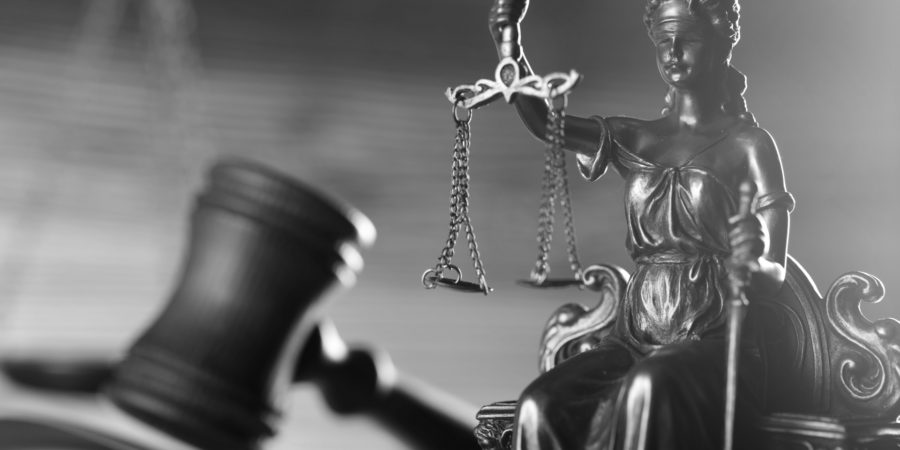Last month we talked about appeals and how and why they are presented, but we thought it would be interesting to expound on them a little more to explain how they came about. They actually are rooted to some degree in Greek philosophy, so let’s dive a little deeper in to see what that’s about…..
Simplistically speaking, civil and criminal lawsuits or cases involving plaintiffs and defendants are essentially disputes, disagreements or violations that make their way to the courts for resolution. The court (or sometimes just a judge) conducts a “hearing” where they listen to the arguments and testimony as presented by each party during testimony. Then, they take under consideration the relevant facts, circumstances and evidence that is brought forth in the hearing and typically render a decision to settle the case.
Most people believe that the side that has the best grasp of the facts always wins the case, however, sometimes the decision may fall in favor of the attorney that puts forth the most compelling or convincing argument in lieu of “clear and readily available” evidence. When this happens, it forces the losing side to either accept the result (i.e. verdict) or file an appeal to reverse or discard the ruling.
When appealing a lost case, especially when the facts are not clearly “black and white” but rather in the grey area, what approaches do attorneys take?
In theory, appeals are typically based on one of three types of persuasive arguments as postulated by Greek philosopher Aristotle in his writings on “Modes of Persuasion” in 350 BC. In short, as it pertains to our court system, they are:
- A logical appeal – disputing or reinforcing evidence used in a trial to logically prove (or disprove) a previous court’s decision.
- An emotional appeal – appealing to the jurist’s or courts emotions utilizing, for example, stories or passionate claims to evoke an emotional response in favor of their client.
- A moral appeal – also commonly known as an “ethical” appeal, which involves relying on a person’s (i.e. an “expert witness’s”) knowledge, reputation or credibility in support of their client to obtain a favorable result.
As mentioned above, “just the facts” may not always win the case because sometimes extenuating circumstances dictate that they may not produce the best or most fair result for one or other of the parties. That is why we have judges and juries, to bring a “human element” into the equation; to weigh and consider all of the intangible issues that may impact a plaintiff’s or defendant’s actions. That is also why our court system is the envy of most of the world, and understandably so!
TCMSC Law wishes you a Happy Holiday Season!


